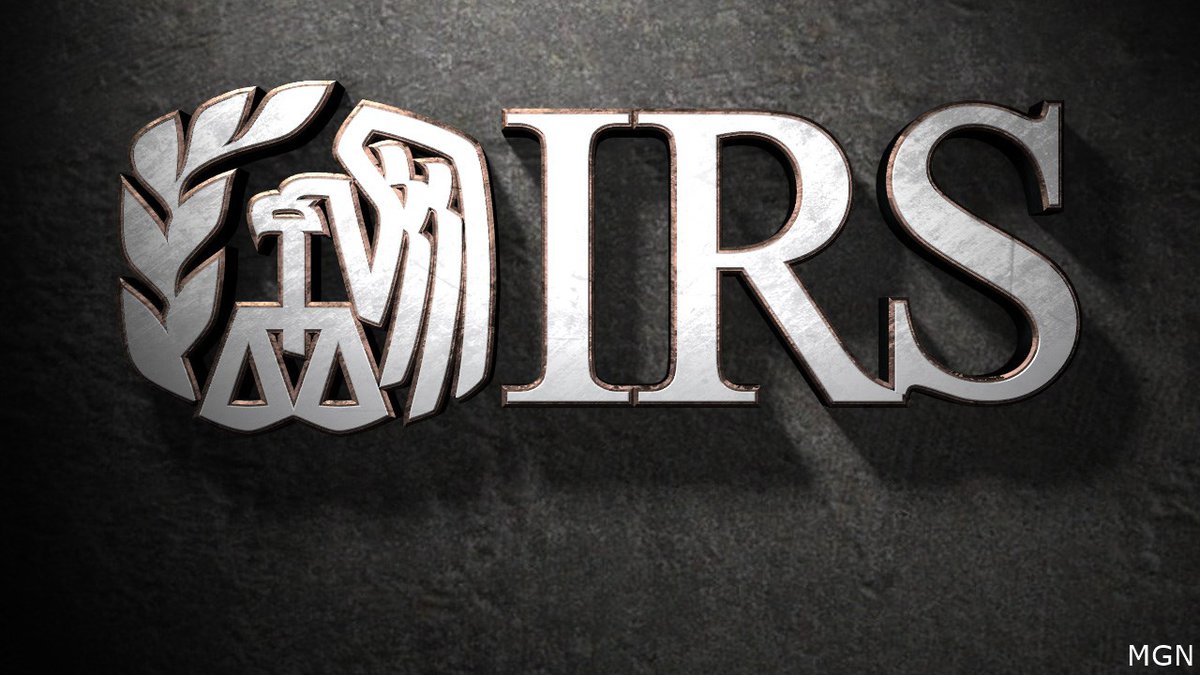
The Employee Retention Credit (ERC) has been the subject of repeated warnings from the Internal Revenue Service (IRS) to taxpayers and corporations. The eligibility requirements for the credit have been widely misrepresented as a result of aggressive marketing strategies.
Despite the legitimacy of the Employee Retention Credit, unscrupulous promoters have been exaggerating and distorting qualifications, creating a significant challenge for the IRS and tax professionals. To counteract this, the IRS has intensified its audit and criminal investigation efforts related to these claims, emphasizing the importance of adhering to the credit's official requirements.
IRS Commissioner Danny Werfel expressed concern, stating that "aggressive promoters present wildly misleading claims about this credit" and cautioned that improper claims could lead to repayment scenarios, including penalties and interest.
The Employee Retention Credit, sometimes referred to as the Employee Retention Tax Credit (ERTC), is a legitimate tax credit intended to support businesses that retained employees during the COVID-19 pandemic or experienced a significant decline in gross receipts during specified periods. It is crucial for businesses and organizations to carefully review the official eligibility criteria before applying for the credit.
The IRS has been alerting taxpayers about aggressive ERC scams for some time, and these scams have made it onto the IRS's list of the "Dirty Dozen" tax scams to watch out for.
To protect themselves from misleading ERC claims, individuals and businesses should be wary of warning signs such as unsolicited calls or advertisements promoting an "easy application process," promises of immediate ERC eligibility determination, large upfront fees, and fees based on a percentage of the credit amount claimed. Promoters who claim eligibility without evaluating the taxpayer's specific circumstances should also raise suspicions.
The IRS has observed various tactics used by promoters to lure businesses and individuals into applying for the credit, including aggressive marketing across various media channels, direct mailing with fake letters, and omitting key details about eligibility requirements.
To safeguard against improper claims, the IRS advises working with trusted tax professionals who can provide accurate guidance on ERC eligibility. Taxpayers should only apply if they genuinely qualify for the credit, relying on official IRS guidance and professional advice.
To report ERC abuse or suspected abusive tax promotions, individuals can submit Form 14242, Report Suspected Abusive Tax Promotions or Preparers, to the IRS Lead Development Center in the Office of Promoter Investigations.
Properly claiming the ERC requires meeting specific eligibility criteria, such as sustaining a full or partial suspension of operations due to COVID-19-related governmental orders or experiencing a significant decline in gross receipts during specified periods. It's essential to carefully review the official requirements and consult with a tax professional when claiming the ERC.
The IRS continues to prioritize addressing misleading ERC claims and urges businesses and taxpayers to exercise caution when considering the credit.
Here are some revised recommendations on how businesses and others can protect themselves when it comes to the Employee Retention Credit (ERC):
- Collaborate with a Reputable Tax Professional: To safeguard against potential pitfalls, eligible employers seeking to claim the ERC should partner with a trusted tax professional. The IRS strongly advises against relying on advice from individuals promoting these credits. Often, these promoters have a financial incentive and may not prioritize your best interests.
- Ensure Eligibility before Applying: It's crucial to only pursue the ERC if you genuinely qualify for it. Detailed information about the credit's eligibility criteria is readily accessible on IRS.gov, For expert guidance on the ERC, consult a reliable tax professional rather than relying on credit promoters.
- Report Suspected ERC Abuse: If you come across instances of abusive or suspicious behavior related to the ERC, you can report it to the IRS using Form 14242, "Report Suspected Abusive Tax Promotions or Preparers." Complete the form and submit it, along with any supporting materials, to the IRS Lead Development Center within the Office of Promoter Investigations at the following address or fax number:
Mail: Internal Revenue Service Lead Development Center, Stop MS5040, 24000 Avila Road, Laguna Niguel, California 92677-3405, Fax: 877-477-9135
Properly claiming the ERC
Understanding ERC Eligibility: To properly claim the ERC, you must meet specific eligibility requirements, which can be quite technical and require careful review. The credit can be claimed on an original or amended employment tax return for qualified wages paid between March 13, 2020, and December 31, 2021. However, employers must meet one of the following conditions to be eligible:
- Sustained a full or partial suspension of operations due toorders from an appropriate governmental authoritythat limited commerce, travel, or group meetings due to COVID-19 in 2020 or the first three quarters of 2021.
- Experienced asignificant decline in gross receipts during 2020 or a decline in gross receipts during the first three quarters of 2021, or
- Qualified as a recovery startup business for the third or fourth quarters of 2021.
By following these updated guidelines, businesses and individuals can better protect themselves when dealing with the Employee Retention Credit.





